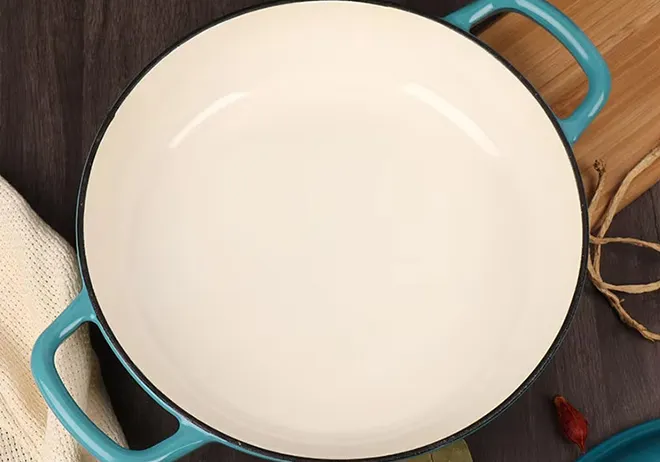
Aluminum Griddles and Cast Iron Cookware Which Is Better for Your Cooking Needs
Aluminum Griddle vs. Cast Iron A Comparison for Your Cooking Needs
When it comes to choosing the right cooking surface, two popular options often come to mind aluminum griddles and cast iron pans. Each offers unique properties and benefits, making them suitable for different cooking styles and preferences. This article aims to explore the key differences between aluminum griddles and cast iron, helping you decide which is best for your kitchen.
Heat Conductivity
One of the most significant factors distinguishing aluminum griddles from cast iron is their heat conductivity. Aluminum is known for its excellent thermal conductivity, which allows for quick and even heating. This quality makes aluminum griddles ideal for tasks that require precise temperature control, such as frying eggs or making pancakes. They heat up rapidly and can reach high temperatures in a short amount of time, making them a favorite for those who value efficiency in the kitchen.
In contrast, cast iron pans take longer to heat up but retain heat exceptionally well once they do. This characteristic makes cast iron ideal for searing meats and maintaining consistent temperatures, especially when cooking for longer periods. While the initial wait may be longer, the steady heat distribution can lead to beautifully cooked meals without the risk of hot spots that can occur with less conductive materials.
Durability and Care
When considering durability, cast iron is often seen as the champion. Cast iron cookware can last a lifetime when properly cared for, often being passed down through generations. Its resilience allows it to withstand high temperatures and even be used over open flames or in ovens. However, cast iron requires regular maintenance, including seasoning to prevent rust and sticking, making it less user-friendly for those who prefer low-maintenance cookware.
aluminum griddle vs cast iron

On the other hand, aluminum griddles are typically lighter and easier to handle, but they may not be as durable as cast iron. Many aluminum products come with non-stick coatings, making them relatively easy to clean. Yet, these coatings can wear off over time and may not withstand high-heat cooking methods as well as cast iron can. If you prioritize quick cleanup and lighter weight in your kitchen, an aluminum griddle may be a better fit.
Cooking Versatility
Both aluminum griddles and cast iron pans have their strengths regarding versatility. An aluminum griddle is excellent for breakfast foods, like pancakes and bacon, due to its quick heating capabilities. It’s also great for stovetop cooking when you have a large group to feed, as it often has a wider surface area.
On the other hand, cast iron is highly versatile, excelling not only on the stovetop but also in the oven, grill, and even over campfires. It can go from stovetop to oven seamlessly, making it suitable for dishes that require both frying and baking, such as frittatas or cornbread. Furthermore, the ability of cast iron to retain heat allows for excellent heat management when cooking large cuts of meat or baking casseroles.
Conclusion
In summary, the choice between an aluminum griddle and a cast iron pan ultimately depends on your cooking style, preferences, and lifestyle. If you value quick heating and easy cleanup, an aluminum griddle might be the way to go. However, if you appreciate durability and versatility in your cookware and are willing to invest time in maintenance, cast iron could be the right choice for you. Consider your cooking habits and priorities to make the best decision for your kitchen needs.
-
Authentic Traditional Chinese Wok for High-Performance CookingNewsAug.02,2025
-
Season Cast Iron Perfectly with GPT-4 Turbo TipsNewsAug.01,2025
-
High Quality Cast Iron Cookware - Baixiang County Zhongda MachineryNewsAug.01,2025
-
Premium Cast Iron Pan: Durable & Perfect HeatNewsAug.01,2025
-
High Quality Kitchen Durable Black Round Cast Iron Cookware Pancake Crepe Pan-Baixiang County Zhongda Machinery Manufacturing Co., Ltd.NewsAug.01,2025
-
Cast Iron Cookware - Baixiang County Zhongda Machinery | Nonstick, Heat ResistanceNewsAug.01,2025


